পহেলা বৈশাখ ১৪২৭ | এসো হে বৈশাখ | Pohela Boishakh 1427 | Esho He Boishak
Description
Pahela Baishakh first day of the Bangla calendar. Pahela Baishakh is celebrated in a festive manner in both Bangladesh and West Bengal. In Bangladesh, Pahela Baishakh is a national holiday. The day falls on April 14.
Pahela Baisakh cultural function at Ramna Park, Dhaka
Under the Mughals, land taxes were collected according to the Arabic or Hijri calendar. However, as the Hijri calendar is a lunar calendar, the agricultural year does not coincide with that of the fiscal. As a result, farmers felt hard-pressed to pay taxes out of season. In order to streamline the land tax system, the Mughal Emperor Akbar ordered a reform of the calendar. Accordingly, Fatehullah Shirazi, a renowned scholar, and astronomer formulated the Bangla year on the basis of the lunar Hijri and Bangla solar calendars. The new Fasli San (crop year) was introduced on 10/11 March 1584 but was dated from Akbar's accession to the throne in 1556. The new year subsequently became known as bangabda or Bangla year.
Celebrations of Pahela Baishakh started from Akbar's reign. It was customary to clear up all dues on the last day of Chaitra. On the next day or the first day of the new year, landlords would entertain their tenants with sweets. The occasion was marked by fairs and other festivities. In due course, the occasion became part of domestic and social life and turned into a day of merriment.
The main event of the day was to open a halkhata or updated book of accounts. This was wholly a financial affair. In villages, towns, and cities, traders and businessmen closed their old account books and opened new ones on Pahela Baishakh. They used to invite their customers to share sweets and renew their business deals with them. This tradition is still maintained, especially by jewelers and grocers.
Welcoming ceremony, Pahela Baisakh, Dhaka
New year's festivities are closely linked to rural life in Bengal. On this day people make elaborate household cleaning and bathing. People bathe early in the morning and dress in clean and best clothes and visit public places, relatives, friends, and neighbors.
Special foods are prepared to entertain guests. Baishakhi fairs are arranged in many parts of the country. Various agricultural products, traditional handicrafts, toys, cosmetics, and a variety of foods and sweets are sold at these fairs. The fairs also provide entertainment, with singers and dancers staging JATRA, PALA GAN, KAVIGAN, Jarigan, GAMBHIRA GAN, GAZIR GAN and alkap gan. They present folk songs as well as baul, marfati, murshidi and bhatYali songs. The narrative plays like laily-majnu, yusuf-zulekha and Radha-Krishva are staged. Among other attractions of these fairs are puppet shows and merry-go-rounds.
Baishakhi Mela
Many old festivals connected with the new year's day are no longer practiced. On the other hand, new festivals have been introduced. With the abolition of the zamindari system, festivals connected with the Punya have disappeared. Kite flying in Dhaka and bull racing in munshiganj used to be very colorful events. Among popular village games and sports include horse races, bullfights, cockfights, flying pigeons, boat racing and so on. Some Baishakhi festivals are quite regional, such as bali or wrestling in Chittagong and Gambhira song in Rajshahi.
Though agricultural in origins, the Pahela Baishakh festivities are now more marked in urban societies than in rural societies.'
The most colorful new year's day festival now takes place in Dhaka. Large numbers of people gather early in the morning under the banyan tree at Ramna Park where chhayanaut artistes open the day with Tagore's famous song, Eso he Baishakh eso eso (Come O Baishakh, come), welcoming Baishakh. A similar ceremony welcoming the new year is also held at the Institute of Fine Arts, University of Dhaka.
Students and teachers of the Institute take out a colorful procession and parade around the campus. Social and cultural organizations celebrate the day with cultural programs. Newspapers bring out special supplements. There are also special programs on radio and television. [Sambaru Chandra Mohanta]
All Your Favorite Stations. All Free
Listen to music you like, Stream unlimited Stations, Radio stations and Podcast all in one app. RadioBaksho is easy is to use and the best for everything. And it’s FREE.
দেশ-বিদেশে বাংলাদেশের সবগুলো রেডিও চ্যানেল (এফএম/এএম/অনলাইন) শুনতে
Appstore বা Playstore থেকে ডাউনলোড করুন.... RadioBaksho!
নিচে লিঙ্কে ক্লিক করুন ⬇️
Play store: https://tinyurl.com/RadioBakshoAndroidApp
App store: https://tinyurl.com/RadioBakshoiOSApp
Web: www.radiobaksho.com
Follow us more on
Facebook: https://www.facebook.com/Radiobaksho
Twitter: https://twitter.com/radiobaksho
Instagram: https://www.instagram.com/radio.baksho/
YouTube: https://www.youtube.com/channel/UCzlP8LyoPSSbV8PEKAEwYoQ
Credit :
Believe Music On behalf of Protune


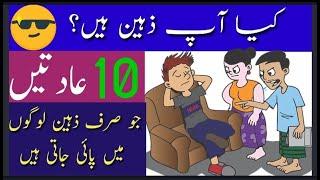

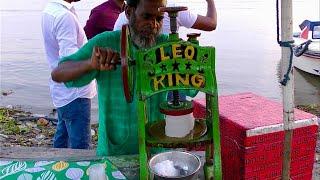



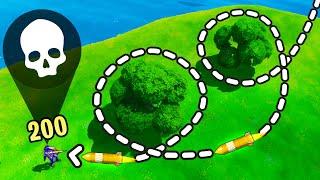




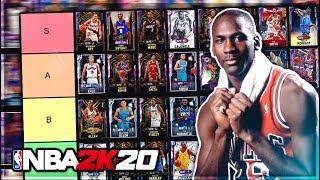
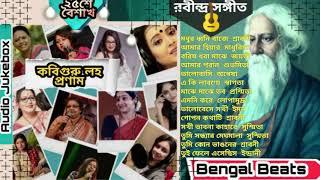






Comments